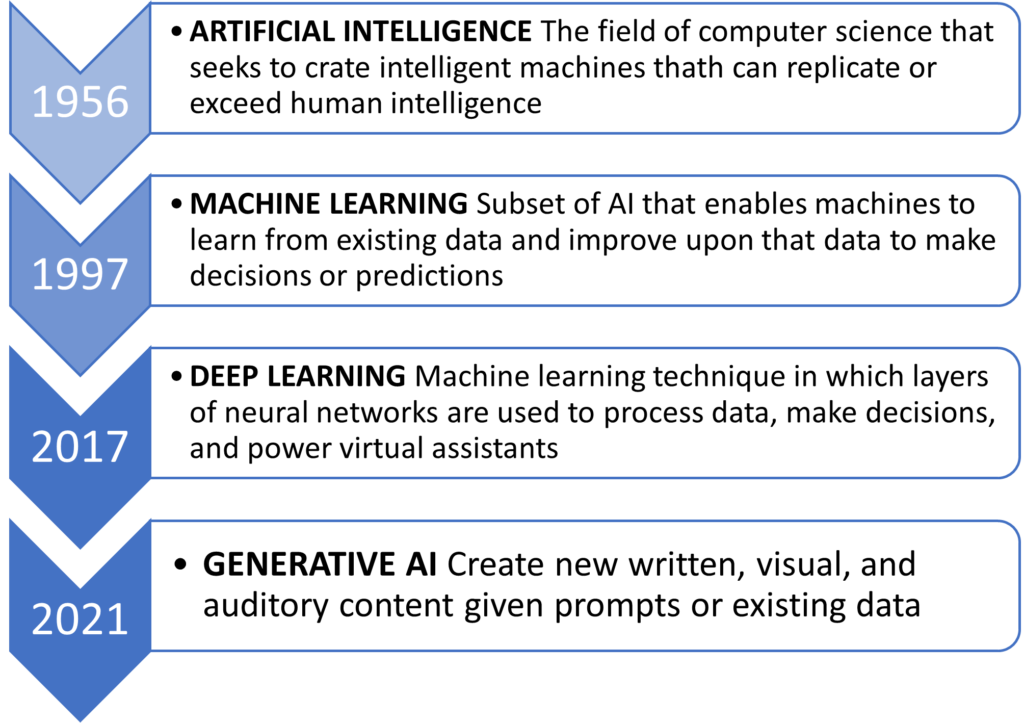Publication date: October 21, 2025
Currently, useful data includes not only specific information organized into rows, columns, or databases, but also data that is not organized in any specifically defined way. This constitutes the majority of data we encounter, including images and text documents such as tweets and blog posts. Thousands of individuals and organizations generate it daily, with little regard for how it can be used. It is precisely thanks to unstructured data that such rapid AI development is possible through machine learning, which involves training algorithms to find patterns and correlations in large data sets.
More
Publication date: October 21, 2025
Under EU Law, namely Regulation (EU) 2016/679 of the European Parliament and of the Council of 27 April 2016 on the protection of natural persons with regard to the processing of personal data and on the free movement of such data, and repealing Directive 95/46/EC (General Data Protection Regulation) (hereinafter “GDPR”) and the pending entry into application of Regulation (EU) 2024/1689 of the European Parliament and of the Council of 13 June 2024 laying down harmonised rules on artificial intelligence and amending Regulations (EC) No 300/2008, (EU) No 167/2013, (EU) No 168/2013, (EU) 2018/858, (EU) 2018/1139 and (EU) 2019/2144 and Directive 2014/90/EU, (EU) 2016/797 and (EU) 2020/1828 (Artificial Intelligence Act) (hereinafter “AIA”), the use of sensitive data (including medical data) for AI training would only be possible after obtaining consent, in cases specified by law, or when using anonymized data. AIA is not a lex specialis vis-à-vis the GDPR, so when using personally identifiable data, using data for AI model training requires meeting the requirements of both acts.
More
Publication date: October 10, 2025
The development of artificial intelligence
Artificial intelligence is an interdisciplinary field of knowledge combining elements of computer science, mathematics, statistics, neuroscience, and cognitive science. Its goal is to create systems capable of performing tasks that previously required human intelligence. This includes the ability to learn from data, reason, make decisions, recognize patterns, and process and generate natural language. Unlike traditional programming, in which a computer executes strictly defined instructions, artificial intelligence aims to grant machines a degree of autonomy, allowing them to independently adapt their strategies to changing conditions. Today, AI is no longer an abstract theoretical concept, but a practical tool.
More
Publication date: October 07, 2025
Cybersecurity certifications are designed for IT professionals, including system and network administrators, security specialists, engineers, and those aspiring to these roles, to validate their knowledge and practical skills in protecting against digital threats. The certification also covers ICT products, services, and processes, and aims to inform consumers about the level of digital security and support Polish companies in European markets.
More

